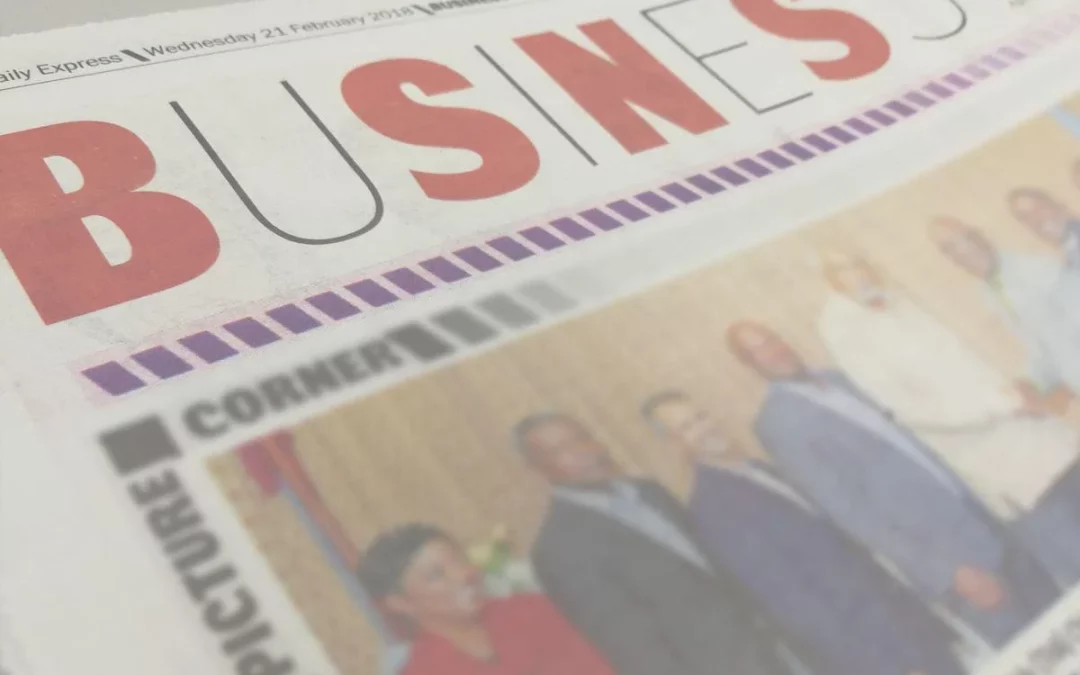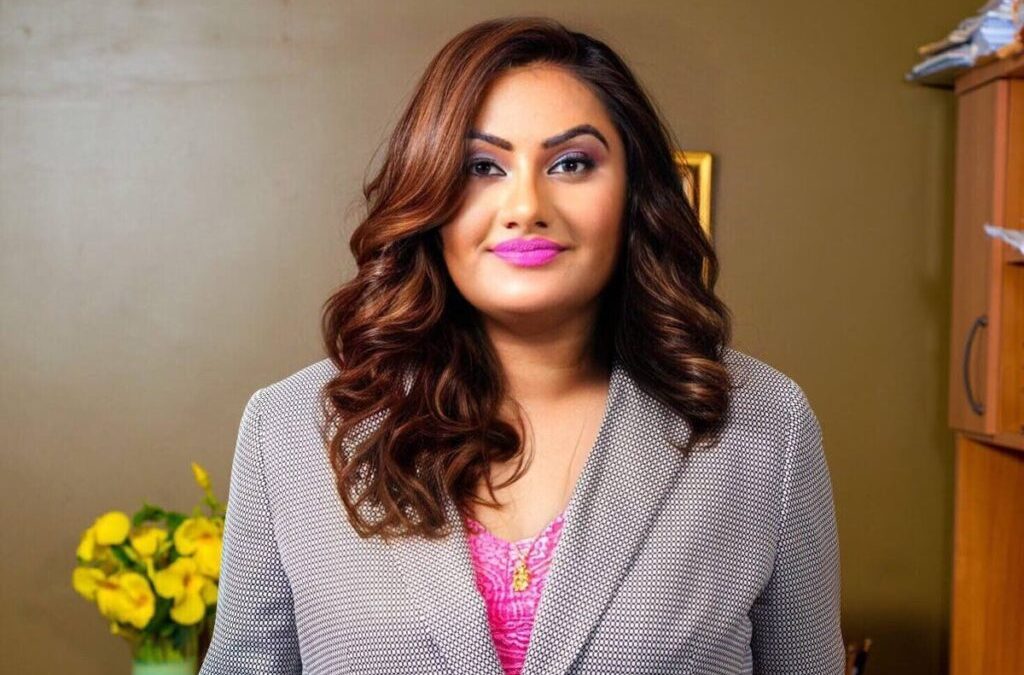A beating for new education curriculum
TTUTA head: Lack of consultation
By Camille Bethel camille.bethel@trinidadexpress.com
Newly-elected president of the Trinidad and Tobago Unified Teachers Association (TTUTA) Devanand Sinanan yesterday slammed the Ministry of Education for its lack of consultation on the newly implemented education curriculum.
Speaking at the Trinidad and Tobago Coalition of Services Industries (TTCSI) Sixth Annual National Services Week at the Hilton Trinidad, Port of Spain, Sinanan, who responded to a presentation made by the Director of Curriculum at the Ministry of Education, John Roopchand, on the new curriculum, said it was very informative but there were things TTUTA has been very concerned about.
He added: “With the greatest respect to my friend John, all of those lovely plans that you have outlined there for you. We didn’t have any say in it, not very many people have any say in it. And, John, you can’t tell me that farce that took place in Cascadia was consultation … I was there.
“People who are planning education, determining what we should teach, what children should learn is in a bit of a vacuum.
“The fact of the matter is education is everybody’s business, it is not the sole preview and domain of the Ministry of Education or of a specific government per say.
“Everyone must have a say. We are a stakeholder in education so we demand to be consulted. We must have a voice, we are the ones who have to implement any ways, we are the ones in the classroom, so we must have a voice in the whole process of education policy formulation and implementation.”
Sinanan went on to question whether the present education system promotes social justice and equity. He described the local education model as colonial-based and asked why there was still a need for the Secondary Entrance Assessment (SEA) exam.
“Why do we need SEA? Albeit with the continuous assessment and everything else, why do we still need an exam for an 11-year old?” he asked.
“Do we really understand what education is? What is the nature and the purpose of education. What does it mean to be an educated person in Trinidad and Tobago in 2013? he asked.
He said there was many lovely goals but asked where is the connection between those related outcomes and what is being done.
“In my humble view there is a big disconnect … we talk one thing and but we do something else, and as a society we have to understand these realities, we have to mature as a people, we have to understand that being educated is not about passing exams and gaining certification,” he said.




